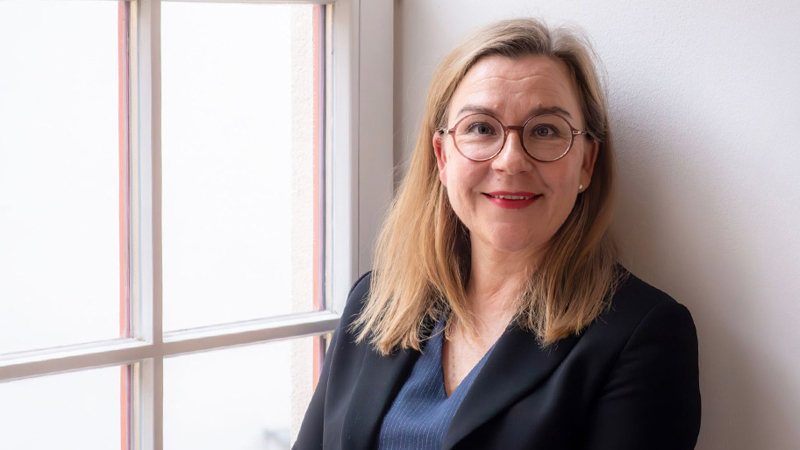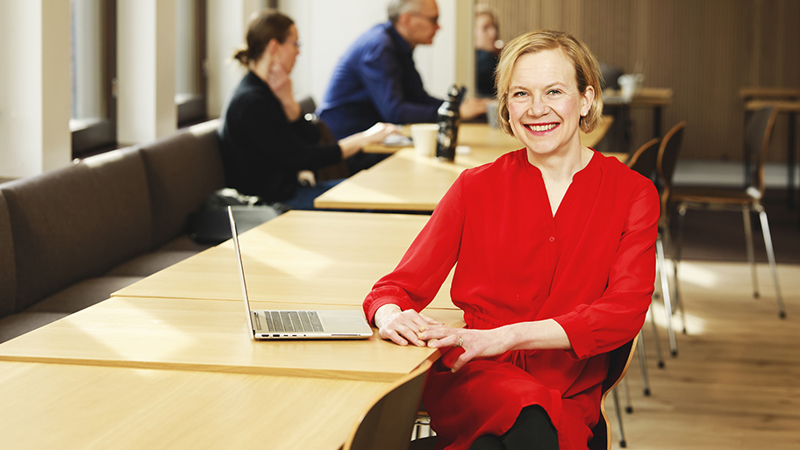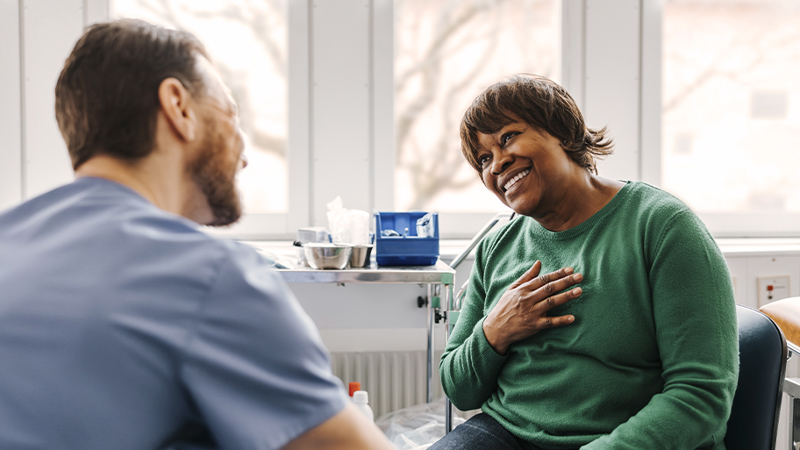Strength and mental resilience during a state of emergency
The current situation in Ukraine affects the whole world and all of us are looking for every way to help, live in the moment, deal with difficult feelings and situations, and maintain the most meaningful everyday life possible.

There are many different ways to make yourself feel better and help yourself cope:
1) Give space for all kinds of emotions and thoughts
Each of us reacts to exceptional situations in a different way. Thus it is important to give space and understand both your own and others’ feelings and thoughts. There is no one correct way to experience a situation like this. The feelings that arise may be strong and inconsistent, so try to be gentle with yourself in their midst. It is important to give yourself and others permission to process and talk about worrying things, but it is also good to talk about other things. Remember to take some war-free time.
2) Put effort into everyday routines
Maintaining a normal everyday routine creates a sense of security and predictability. Take care of your eating habits, breaks, recovery and sleep as well as exercise and fun activities. Take time to do things that you enjoy and that bring you joy. Also take care of your physical fitness as well as you can. If you work remotely, stay in contact with your workmates.
3) Focus on what you can affect
It is understandable that we feel insecure, worried and even scared of things that are outside of our control. It may be calming to focus your attention on the things that you can control, whether it is helping those who need it, staying in touch with friends or taking care of yourself at home.
4) Take care of your social life
Take care of your social network and try to maintain your relationships as well as you can, do not isolate completely. If you cannot be around other people physically, stay in contact via phone, video, social media and email.
5) Take also care of your workmates
We are all in this state of emergency together, even if we react to it differently. It is exceptionally important to work together and try to keep the work situation as normal as possible in this new situation. Ask your workmates how they are doing and take breaks together (also over a remote connection).
6) Limit your use of media and pick your sources of information carefully
Perusing media and social media continuously may add to your anxiety, worries and mental burden. Try to limit your media use, and when you do need information, rely on the authorities for information. Especially protect children from the news overflow.
7) Trust human resilience and focus on hope
Latest articles

A mind-friendly and brain-healthy holiday - how to recover and recharge your batteries?
Many people start their summer holidays after Midsummer. For a holiday to soothe your mind, take a look at Terveystalo's occupational health psychologist Tiina Tuominen's tips for a restorative holiday.

What future leadership looks like?
According to Hertta Vuorenmaa, an expert on the future of work and management, work is a huge social institution, and changing it is always difficult because we have established ideas about how to do work. Understanding historical turning points can help in managing current changes, as changes in working life are not only technology-driven, but require holistic thinking and managing people's emotions.

The approaching holiday feels stressful – What can help?
The holiday is approaching, but work issues are piling up and there’s conflict in the family about how to spend the time off. Excessive expectations and the pressure to “make the most of it” can cause unnecessary anxiety.

"Let life show at work"
Humanity in the workplace feeds well-being and productivity. Workplaces need a new culture that genuinely values diversity and takes into account different life situations," says Eveliina Holmgren, an organisational psychologist at Terveystalo.

Tips from an organisational psychologist: how to create psychological safety in the workplace
Eveliina Holmgren, an organisational psychologist at Terveystalo, explains how to get started in strengthening psychological safety in the workplace.

Here are the digital trends in healthcare 2025: AI frees up time and supports quality of care
Ilari Richardt, Director of Digital Services at Terveystalo, highlights five major digital trends that will transform healthcare this year. At the heart of these trends is the potential of artificial intelligence to solve healthcare problems.